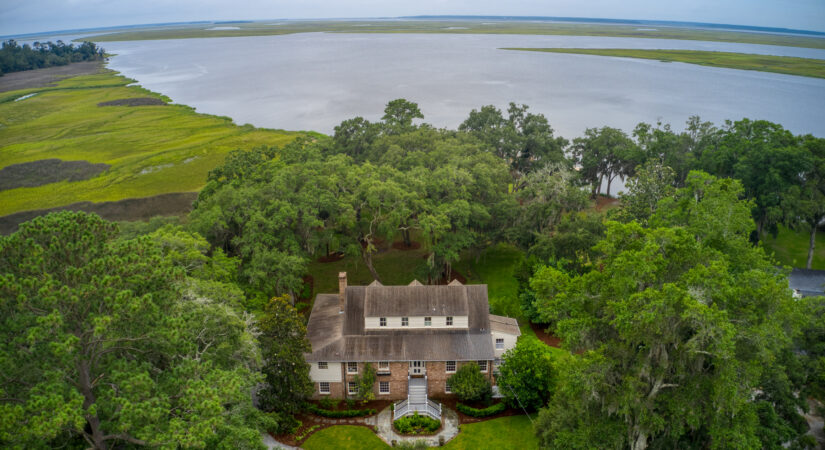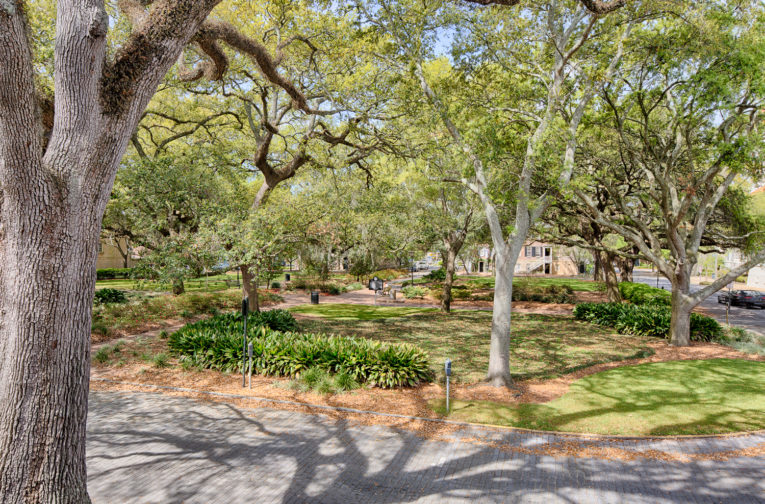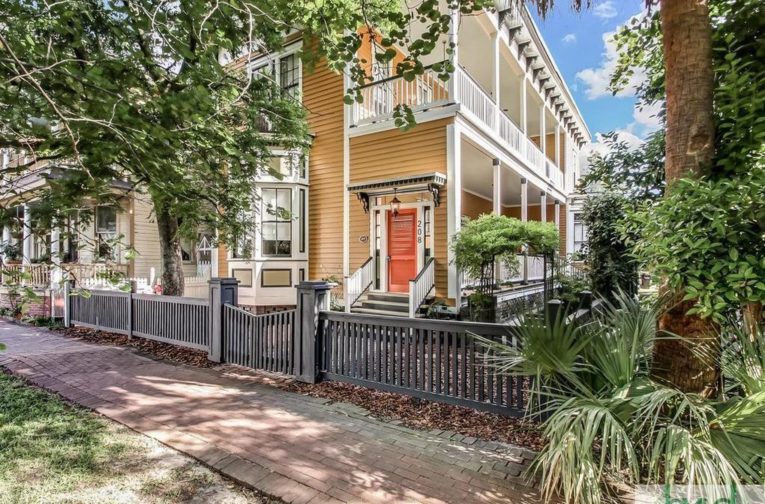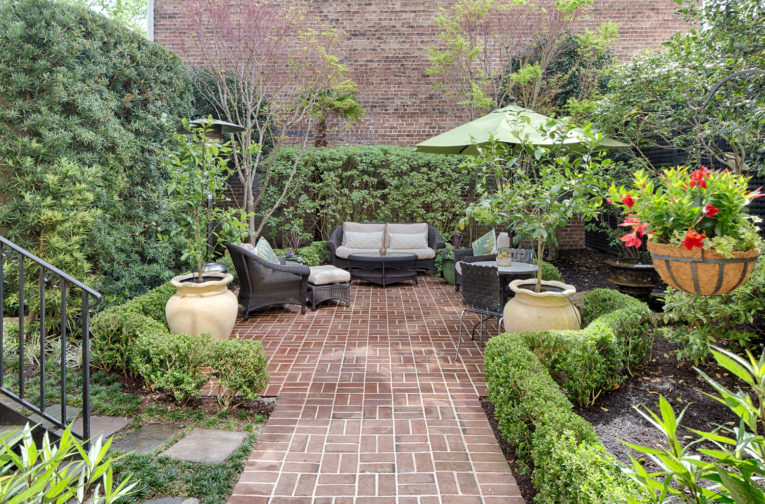One of Chatham County’s under-the-radar gems is the Coffee Bluff neighborhood, nestled along the Forest River approximately 12 miles south of downtown Savannah. While Savannah’s Southside is often associated with urban sprawl and subdivisions, Coffee Bluff and the surrounding area harken back to quieter times, featuring scenic estuaries, quiet neighborhoods and a laid-back, coastal-inspired lifestyle.
Coffee Bluff is located in the 31419 zip code, which has experienced significant increases in residential real estate sale prices in recent years. In 2018, the median sale price for a home in the 31419 zip code was $170,000, according to Savannah Multi-List Service data. By 2022, the median sale price jumped to $273,500. For 2023 to date, the median residential sale price is currently $297,000. At the same time, inventory is tight, with 1.51 months of inventory available in May 2023, according to Savannah MLS data, marking a dramatic decrease from the high of 5.89 months of inventory in January of 2019.
A rich history
Evidence of early Native American settlements – including middens or shell rings filled with oyster shells and other artifacts – have been found in Coffee Bluff and are believed to be connected to the Yamacraw tribe. Indigenous people in coastal Georgia created a number of shell rings near rivers and waterways during the Late Archaic Period, which ranges between 4,200 and 3,000 years ago. Originally a Native American trail, Bull Street and Coffee Bluff are defined by a natural elevation that stays high during storms and resists flooding.
The first European settlers arrived in Coffee Bluff from Germany and Switzerland in 1742. Following their tradition, lots were long and narrow, with 60 foot by 90 foot parcels designed to foster a sense of community and security. The Vernon River was likely named for James Vernon, an early Georgia trustee, although another theory holds that it was named for Admiral Edward Vernon, a strong supporter of the colony’s founder, Gen. James Oglethorpe. Throughout the 18th and 19th century, a dock serving the Coffee Bluff area was used to load and unload cargo.
Coffee Bluff traces its roots to Rosedew plantation, as well as the associated Rose Dhu village, for which few historical records remain. The 300-acre Rose Dhu Island is home to a desirable residential area and includes fortifications dating back to the Civil War. The site of the Girl Scouts’ iconic Camp Low, which is named after Girl Scouts founder Juliette Gordon Low, the camp is flanked by the Forest River and the Vernon River and hosted several battle scenes in the film “Glory.”
Throughout the 1800s, Houston Plantation, which is located on Houston Oaks Road, served as an active plantation on Savannah’s southside. Most importantly from a historic standpoint, following the Civil War, the Coffee Bluff and White Bluff area became home to many recently emancipated African Americans who were previously enslaved on area plantations, primarily on St. Catherine’s Island. Approximately 200 free people began making their home in and around the Coffee Bluff area beginning in 1868, following the nullification of Gen. William Sherman’s Special Field Order No. 15, which had briefly reserved land for freed Black people on St. Catherine’s and other sea islands before being rescinded by President Andrew Johnson. Sherman signed the order in Savannah after meeting with local Black ministers. A Georgia Historical Society marker in Madison Square near the historically Black Second African Baptist Church commemorates the event.
Through the generations to follow, the local Coffee Bluff population kept the culture and folkways of the Gullah culture of the Georgia and South Carolina sea islands alive, with strong cultural connections to West Africa. Largely out of the public eye for decades, only recently has the full historic importance of this population been fully recognized by local governments and cultural organizations, and several historic markers in the area now document their legacy.
A close spiritual and economic relationship with the water has always been important to the Gullah people, and on the Vernon River that took the form of a thriving fishing, crabbing and shrimping community. In the 19th and 20th century, Coffee Bluff residents would transport their fresh catch or farm produce via inland waterway to vendors in City Market in downtown Savannah.
Life on the water
Because the Vernon River was itself such an important thoroughfare, many houses built on the riverfront face the river rather than the road. The White Bluff community had a resort feel for much of the late 1800s. At its peak in the 1890s, the area boasted dance pavilions, bars, bowling, billiards and even floating bath houses.
By World War II, most of that resort feel had dwindled and permanent, year-round residency became the norm. Today, neighborhood residents have been active in using zoning laws to maintain the area’s historic integrity. New standards in the 1950s meant essentially that retail stores were prohibited, allowing for more preservation-minded growth and a residential atmosphere.
Forest Acres, which is conveniently located between the Coffee Bluff and Rose Dhu neighborhoods, served as a firing range for the U.S. government in the early 1900s, until just before World War II. Today a large tabby wall on Old Barn Road serves as a relic from the old firing range, which doubled as a back stop for guns fired south, toward the Forest River.
For many, community life in the White Bluff area centers around the Coffee Bluff Marina, which overlooks the Forest River and is located on a high bluff. The City-owned facility underwent some additions and modifications and reopened a decade ago after a long period of dormancy. It’s now a full-service marina with a fuel dock, boat slips, a hoist and bait and tackle.
If you’re thinking about living in the Coffee Bluff neighborhood, be sure to consult a real estate professional with experience selling waterfront property in order to navigate the available options. Inventory is currently tight in the local real estate market, but a selection of Coffee Bluff homes is still available for interested buyers.






